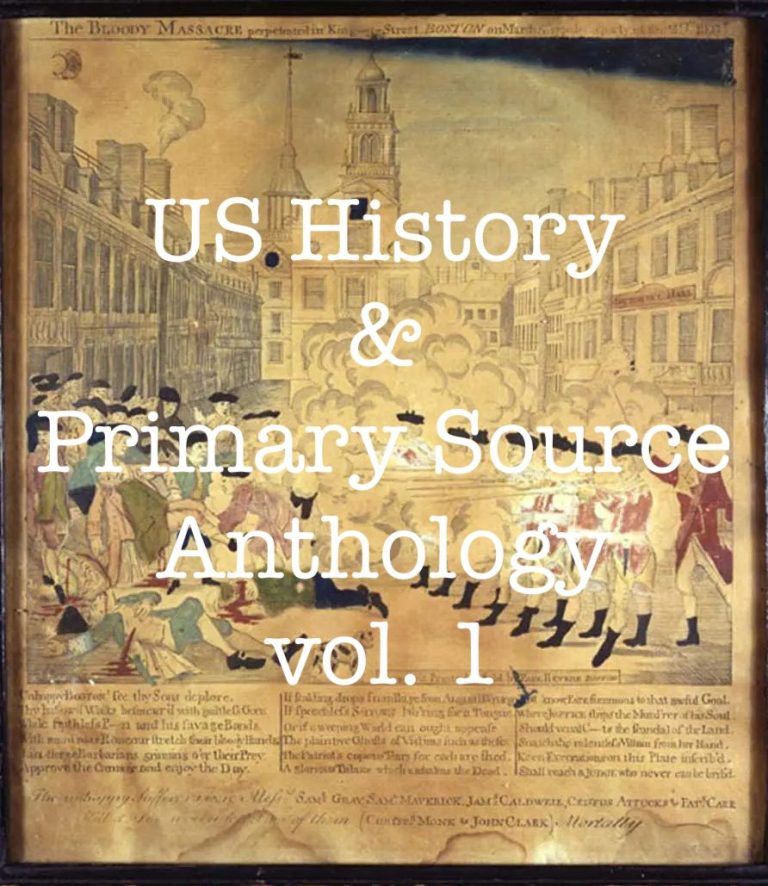Manifold – Building an Open Source Publishing Platform
Zach Davis and Matthew Gold
Re-watching after the conference.
Manifold
Use case of showing the process of making the book. The book as a start to finish project rather than just the end product.
They built the platform while eating their own cooking (or at least doing so with nearby communities).
Use for this as bookclubs. Embedable audio and video possibilities.
Use case where people have put journals on the platform and they've grown to add meta data and features to work for that.
They're allowing people to pull in social media pieces into the platform as well. Perhaps an opportunity to use Webmentions?
They support epub.
It can pull in Gutenberg texts.
Jim Groom talks about the idea of almost using Manifold as an LMS in and of itself. Centering the text as the thing around which we're gathering.
CUNY Editions of standard e-books with additional resources.Critical editions.
Using simple tools like Google Docs and then ingest them into Manifold using a YAML file.
TEI, LaTeX formats and strategies for pulling them in. (Are these actually supported? It wasn't clear.)
Reclaim Cloud has a container that will run Manifold.
Zach is a big believer in UX and design as the core of their product.
